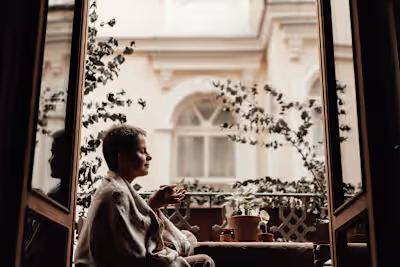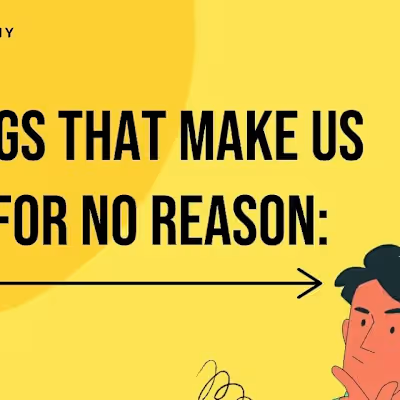Why Representation in Media Matters & Why It’s Still Not Enough
Like this project
Posted Jan 26, 2024
Why does a 5-year-old boy think that girls can’t be superheroes? It was my nephew’s fifth birthday and keeping on expectations, his theme was superheroes - Ca…
Likes
0
Views
1
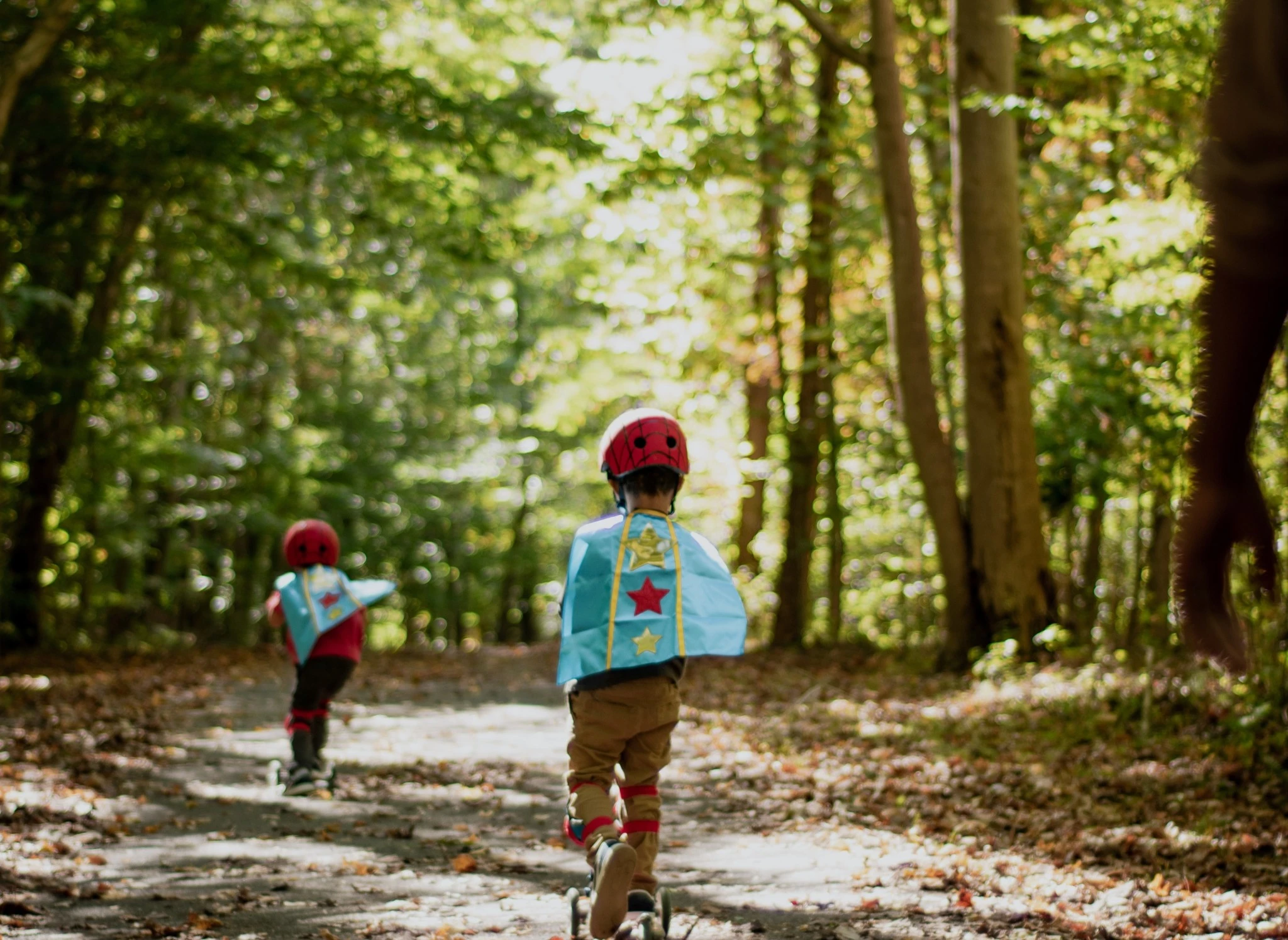
Why does a 5-year-old boy think that girls can’t be superheroes?
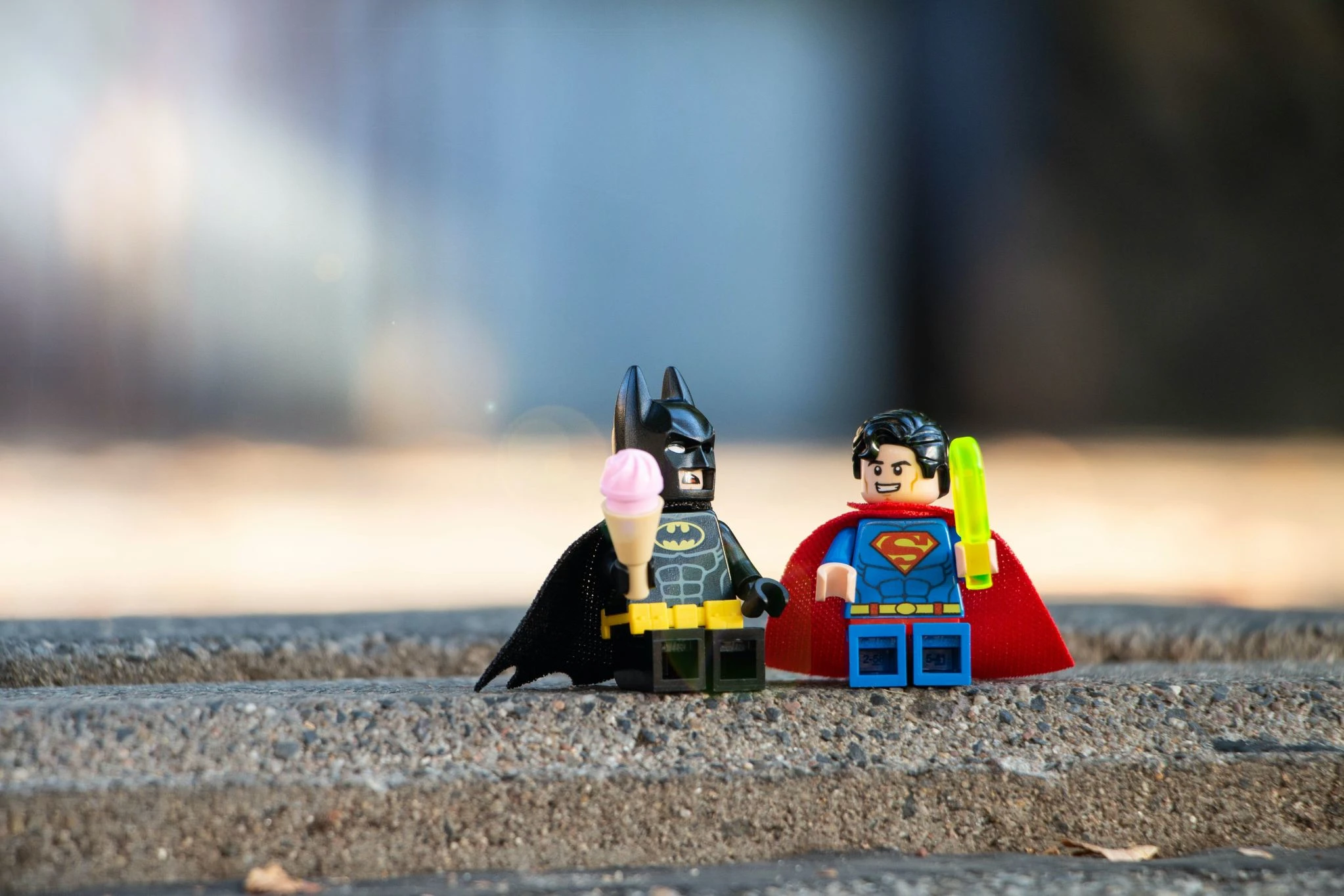
It was my nephew’s fifth birthday and keeping on expectations, his theme was superheroes – Captain America, Hulk, Superman – whatever he liked. The party went well & a few days later, my cousins & I were asking him questions about his celebration. One of us asked him why weren’t there any girls at his party.
He said – very simply & innocently – it was a superhero party and girls cannot be superheroes, right? Precisely, his words were, “Vo superheroes waali party thi and cake tha, aur ladkiyan superhero thodi na hoti hai”.
His response was completely justified given his observation of his surroundings & media such as YouTube & TV. The under-representation of women in this context formed the bias that girls can’t do this. Now, for kids that age, superheroes represent strength, freedom, & the interminable ability to save the world. For that kid, girls now represent being the sidekick & being weak. He might outgrow it, but this bias formed in his mind without any active effort.
We carry countless biases like this without realizing it because growing up, we learn all this from the stories we consume & people we see. We form perceptions & learn set ways about the operations of the world.
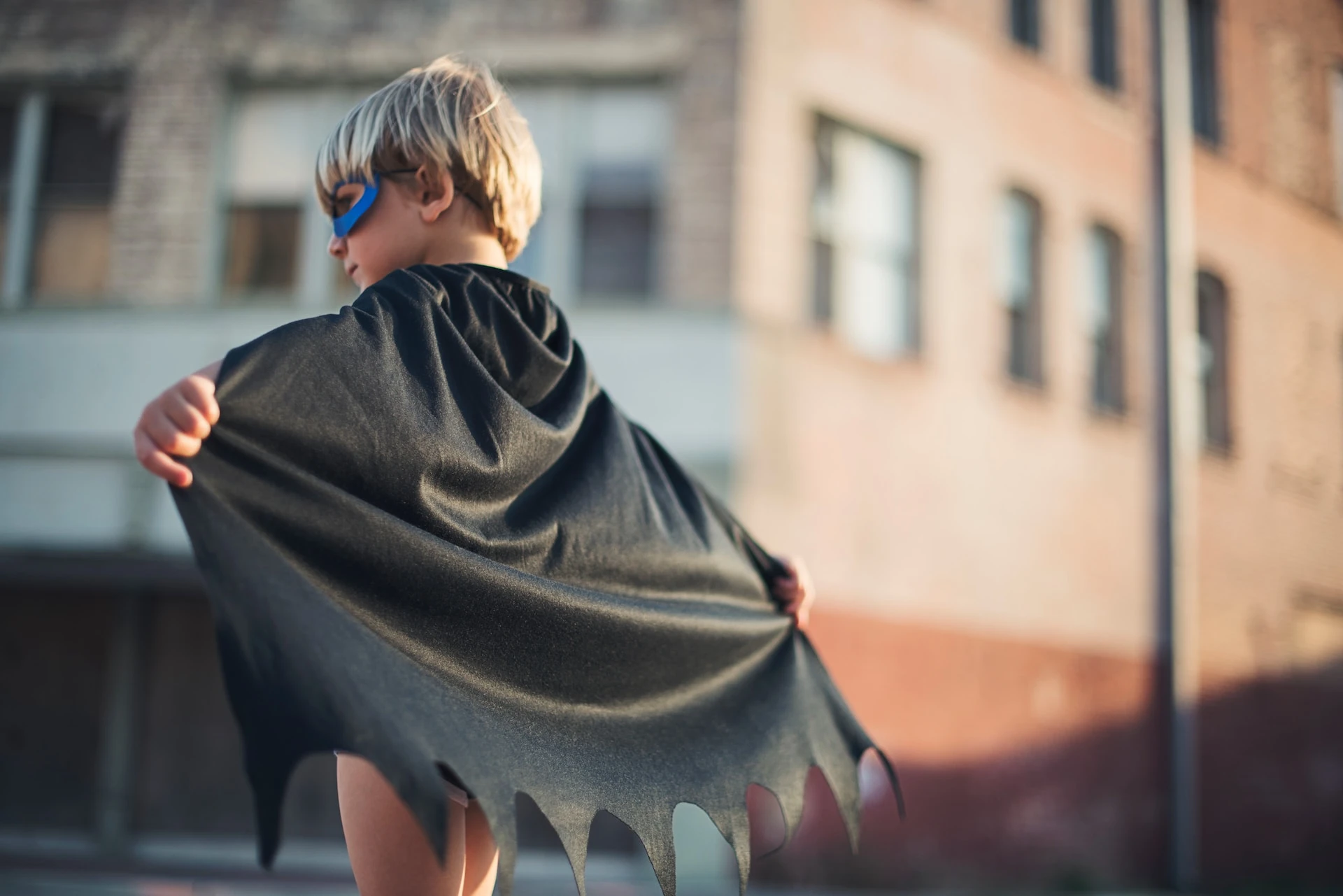
A lot of our judgment comes from when we were just 4-5 years old and what we saw. This is just the movie industry. What about simply being a boss or being a leader? Being on the board of a multinational company or being a doctor?
There’s a reason that when we think boss, we think of a man. When we think doctor, we think of a man. But when we think nurse, we think of a woman. It’s been imprinted in our brains because that’s what we have seen in our entire life.
Kids learn from watching and that’s why this representation matters more than we think.
I never truly realized the impact on little kids until I saw the effects of under-representation. This is the reason that we need to fight the fight for representation – so the next generation doesn’t make the same mistakes as us.
What other biases do we have? Let’s discuss it.


